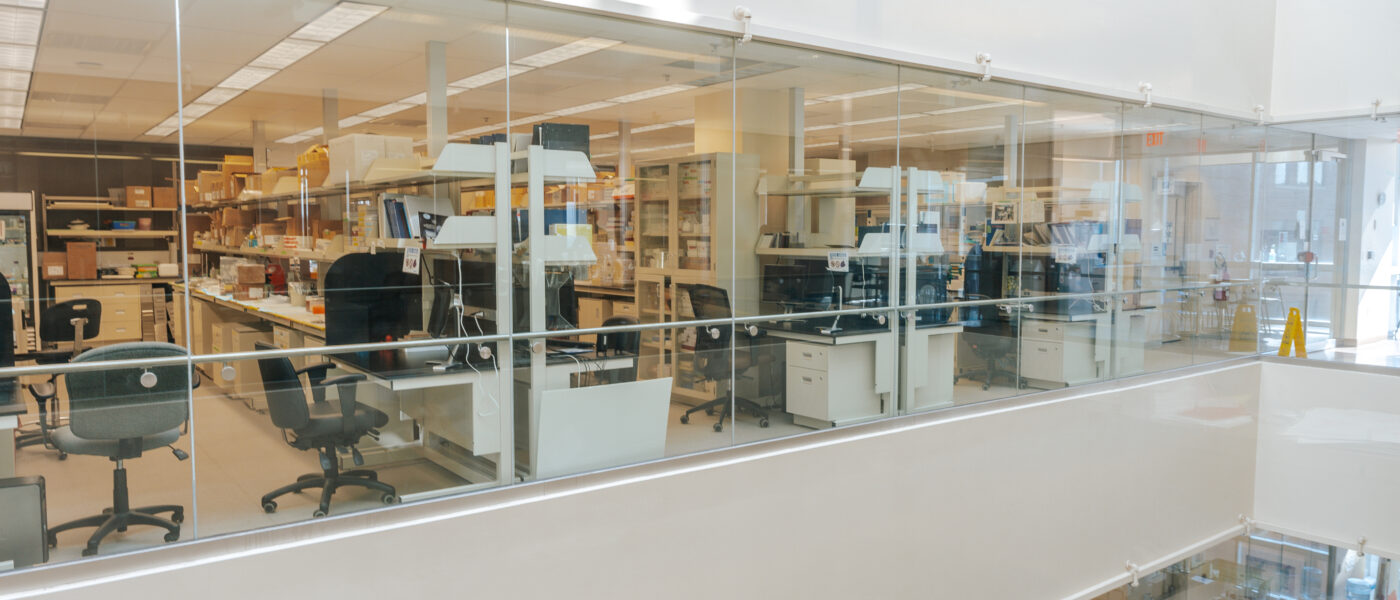Home
TaARI brings together leaders in basic and clinical research to understand the causes of abnormal blood clot formation in arteries or veins, so-called thrombosis, and bleeding disorders, identify emerging health challenges from thrombosis and bleeding, and design and test novel therapies to improve patient lives.
Information Box Group
People Learn More
Meet the members and scientists at TaARI.
Research & Programs Learn More
Learn about our research and programs.
Labs Learn More
Learn more about the labs at TaARI.

